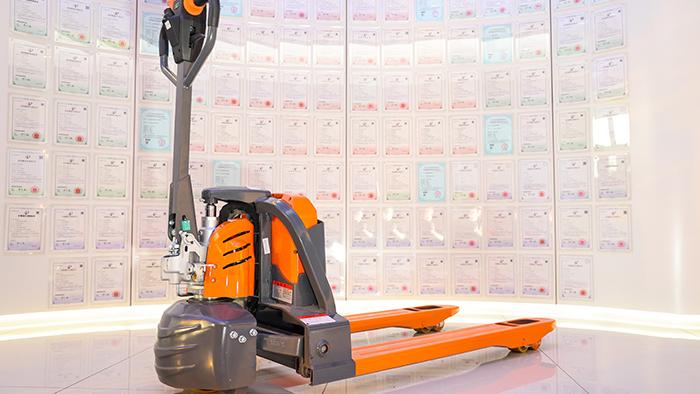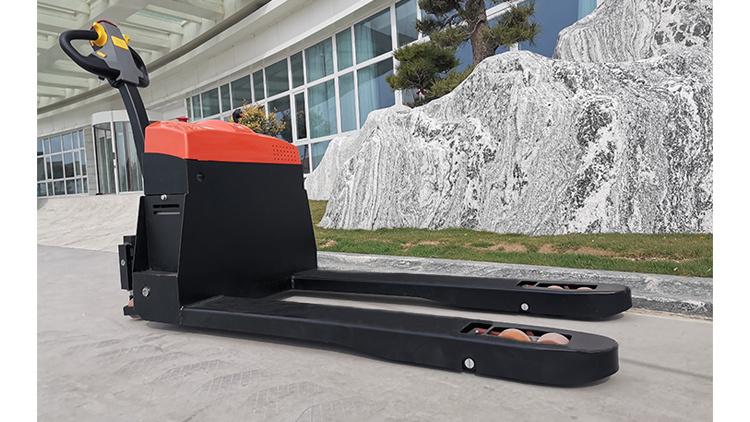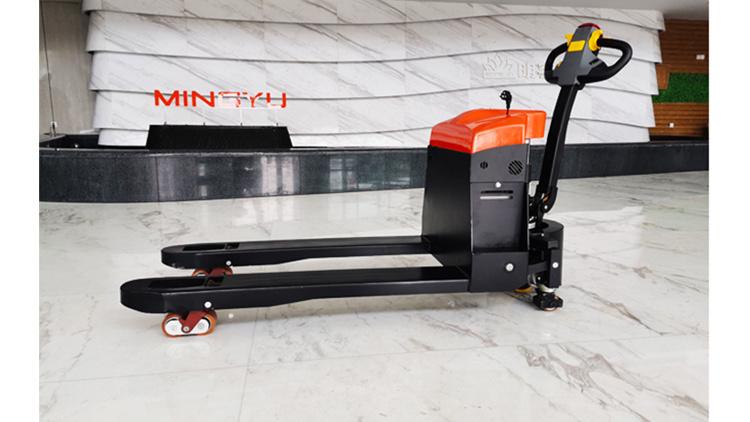What is the Average Cost of Setting Up a New Warehouse?
1. Introduction
Warehouses are the backbone of efficient supply chains. Whether you’re storing goods for retail, e-commerce, manufacturing, or distribution, a well-designed warehouse plays a crucial role in streamlining logistics. However, setting up a new warehouse involves significant financial planning. From acquiring land to equipping the interior with shelves and machinery, costs can vary widely depending on your business goals, location, and technology requirements.
Understanding these costs in detail helps stakeholders make informed decisions, avoid overspending, and ensure a faster return on investment (ROI). In this article, we explore all the major cost components involved in establishing a new warehouse and provide an estimated average to help you plan effectively.
2. Key Factors Influencing Warehouse Setup Costs
2.1. Location
One of the biggest factors affecting cost is location. Urban areas often have higher land prices but better access to transportation infrastructure. In contrast, rural areas may be more affordable but less connected.
Prices can vary drastically—from $2 per square foot in some industrial zones to $20+ per square foot in high-demand areas.
2.2. Size and Layout
The larger the warehouse, the higher the cost. Layout also plays a role; high ceilings and optimized layouts can increase storage capacity without expanding the footprint, saving long-term operational costs.
2.3. Type of Warehouse
Different warehouse types—cold storage, bonded warehouses, fulfillment centers—come with unique requirements. For instance, cold storage facilities require insulated walls and refrigeration systems, which significantly add to the cost.
3. Land Acquisition and Construction Costs
3.1. Land Purchase or Lease
Buying land can cost from $100,000 to over $1 million, depending on the location and size. Leasing is more flexible but may have long-term cost implications.
3.2. Construction
Building costs include:
Foundation and flooring: $5–$10/sq ft
Walls and roofing: $8–$20/sq ft
Dock doors and bays: $10,000–$25,000 each
Prefabricated warehouses may reduce construction costs by up to 30%.
3.3. Permits and Legal Fees
Regulatory approvals (zoning, fire safety, environmental impact) can cost $10,000–$50,000, depending on the complexity and local regulations.
4. Internal Infrastructure and Equipment
4.1. Racking and Shelving
Costs depend on the type of racks:
Pallet racks: $50–$300 per rack
Cantilever racks: $200–$500 each
4.2. Material Handling Equipment
Essential machines include:
Forklifts: $15,000–$35,000
Pallet jacks: $300–$1,000
Conveyor belts: $5,000–$50,000
4.3. Office and Staff Areas
Office installations (air conditioning, desks, internet, restrooms) may cost $30–$80/sq ft.
4.4. Lighting, HVAC, and Utilities
LED lighting: $2–$5/sq ft
HVAC systems: $10,000–$50,000
Internet and power installation: $5,000–$15,000
5. Technology and Automation
5.1. Warehouse Management Systems (WMS)
A basic WMS software starts around $10,000. Larger systems with full ERP integration can exceed $100,000.
5.2. Security Systems
CCTV, motion detectors, and badge-entry access can cost $10,000–$25,000.
5.3. Automation Solutions
Automated Storage and Retrieval Systems (AS/RS) and robotic pickers cost from $100,000 to over $1 million, depending on scale and complexity.
6. Staffing and Operational Costs
6.1. Hiring and Training
Recruitment costs can average $2,000–$5,000 per employee, while training programs add another $500–$2,000.
6.2. Operational Budgeting
Recurring costs include:
Salaries
Equipment maintenance
Utility bills
Insurance
Monthly operating expenses for a mid-sized warehouse range between $10,000 and $50,000.
7. Cost Breakdown Example (Sample Calculation)
Here’s a simplified estimate for a 10,000 sq. ft. warehouse:
|
Category |
Estimated Cost |
|
Land Lease (annual) |
$60,000 |
|
Construction |
$800,000 |
|
Permits & Legal |
$30,000 |
|
Racking & Equipment |
$150,000 |
|
WMS & Tech |
$75,000 |
|
Office & Utilities |
$100,000 |
|
Staffing Setup (Year 1) |
$120,000 |
|
Total Estimated Setup Cost |
~$1.3–$1.5 million |
8. Strategies to Optimize Setup Costs
Lease instead of buying land to reduce upfront capital.
Use prefabricated structures to save on construction.
Buy used equipment when suitable.
Outsource logistics to a 3PL provider initially.
Look for government incentives or tax breaks for industrial development.
9. Common Mistakes to Avoid
Underestimating hidden costs like insurance, utilities, or downtime.
Not allocating budget for software integration or IT support.
Overbuilding beyond current demand.
Choosing poor locations based solely on low land cost.
10. Conclusion
Setting up a new warehouse can cost anywhere from $500,000 to over $5 million, depending on your business model, scale, and technological investment. While it’s a significant expense, the right warehouse setup is an investment that improves operational efficiency and scalability. By planning thoroughly and avoiding common mistakes, businesses can make smart, cost-effective decisions that yield long-term benefits.
Post time:Jun.23.2025



